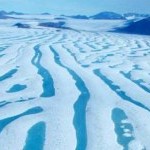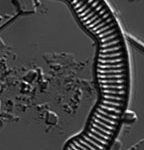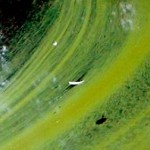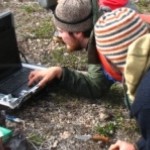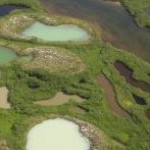Arctic Lakes and Fjords Project
The ecosystems of the Canadian High Arctic, including freshwater systems, are recognized to be particularly vulnerable to the effects of global environmental change. Although freshwater systems of the High Arctic have undergone dramatic biotic shifts due to recent climatic change, very little information is available about the long-term responses of these systems to fluctuations in …




